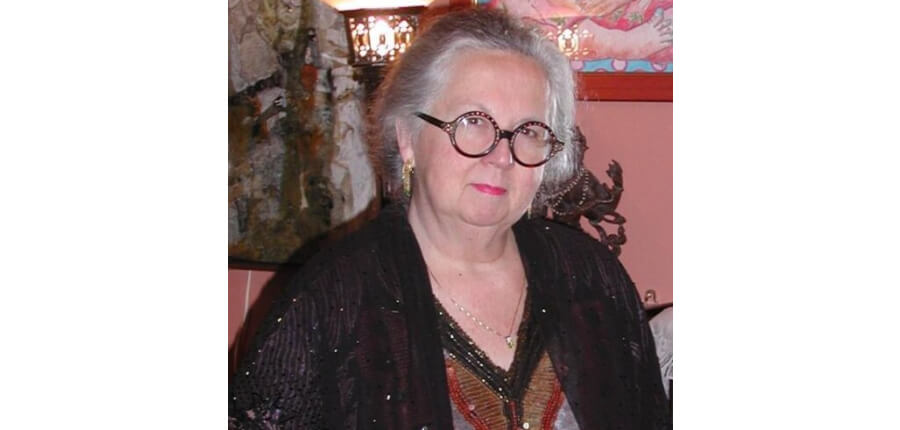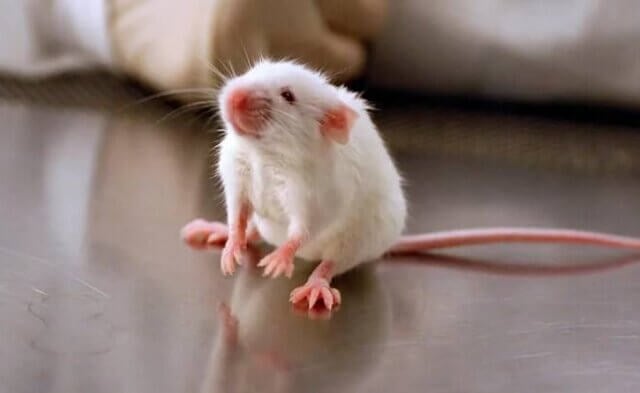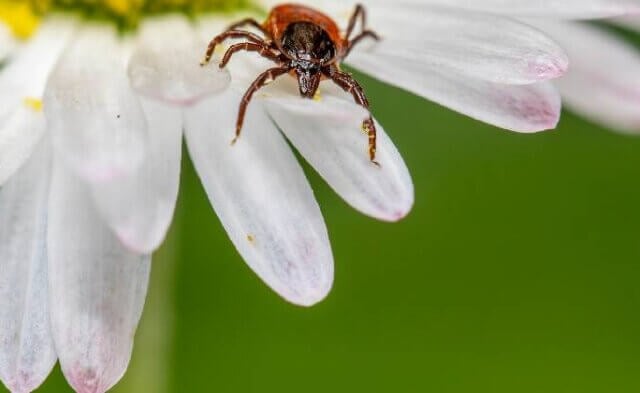Prime epiphanies showcase our readers and supporters and why they became a part of the Animal Rights cause. If you would like us to feature your epiphany, please e-mail it to us for review at [email protected].
I am a vegan and have been for many years. This means that I don’t eat, wear, or use anything that comes from an animal. That is not how I grew up, though.
My parents were good people. Dad grew up on a dairy farm, and Mum lived in a small rural town. Farming and otherwise using animals was what they were used to and thought was “normal,” I suppose. They never talked about it, and I doubt it ever occurred to them that animals have a right to live free from suffering and that it is possible to get by without using them. I didn’t know anything about such ethics in those days, so I didn’t say anything, either.
When I was growing up, my family ate a lot of meat at home, and the shoes and bags that we used were made from leather. We ate meat three times a day. We had chops—which used to be my favorite—several times a week. So that’s the way we lived—we ate animals, and we wore clothes made from animals.
Looking back on it all now, there were some stirrings of compassion for animals in our home, but no one knew what to do with those feelings, so they often faded away. I remember that my mother was outspoken when we drove past the egg farm on Mamaku Road near my New Zealand hometown. “It isn’t right that they leave the lights on all the time in those chook’s pens,” she said. “Those hens need to sleep. It isn’t right to make them lay eggs twice a day.”
When she said this, I wondered how we could stop the farmers from being unkind to the hens, and I wanted her to talk more about it and make plans to intervene. But the car drove on around the bend in the road, and the topic wasn’t mentioned again until the next time we drove by the same farm. And we kept on eating eggs.
Another time, the Auckland Herald reported that abattoir (slaughterhouse) workers had gone on strike. There were photos of animals—cows and sheep—standing in huge lots waiting to be killed. There were descriptions of the animals being hungry, thirsty, and hot. “This is wrong,” Mum said. “They shouldn’t go on strike when there are animals waiting in the yards.”
Again, I wondered how we could help the animals, but all we did was put the newspaper with the photos of suffering animals on a pile to be used to start a fire or to wrap up rubbish. I was impatient with words; they didn’t help animals. I wanted more discussion, and I wanted some action to be taken.
Surely we could make a difference.
Margaret Parkinson is a founding member of PETA and trustee, with her partner, Karen Creason, of the ARK Foundation. She has been active in animal rights causes for more than 35 years





